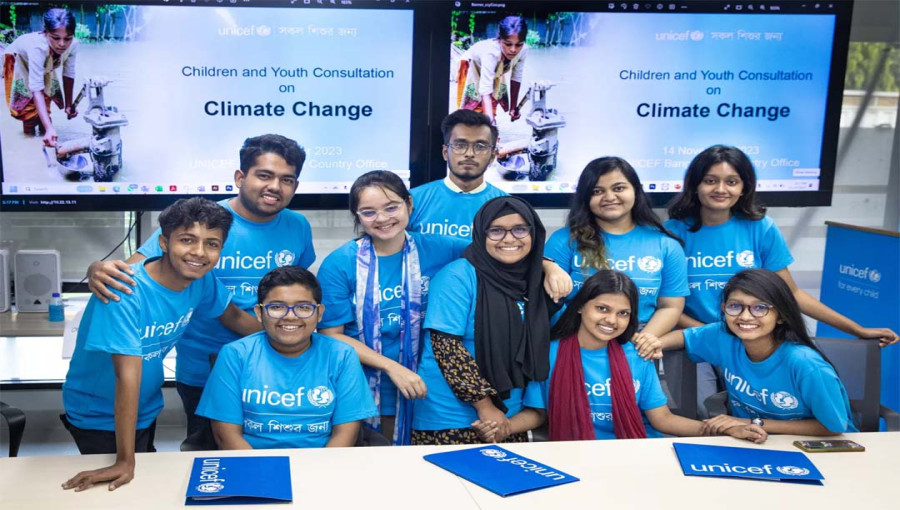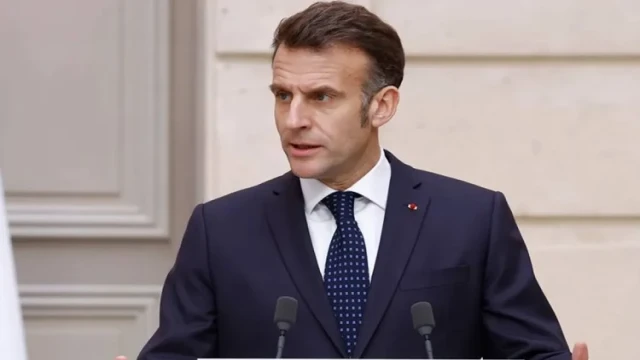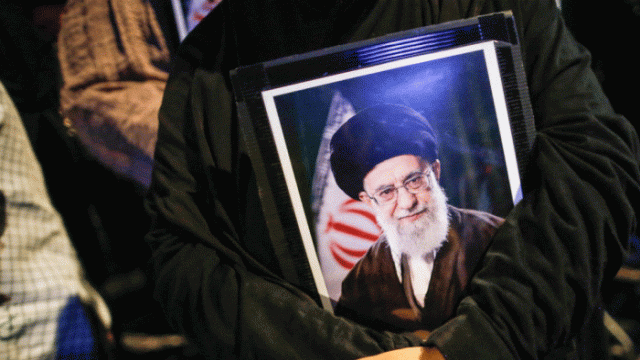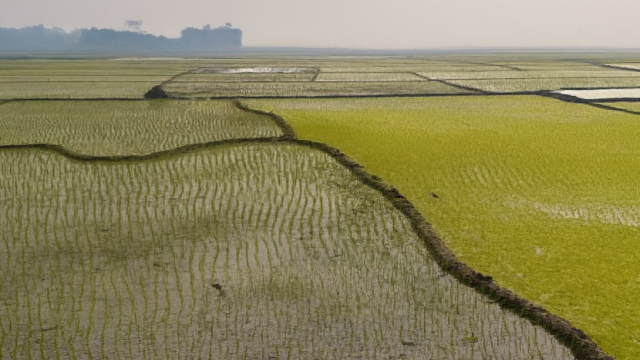Dhaka, Jan 24 (V7N): In 2024, severe weather events disrupted the education of 35 million children in Bangladesh, according to a report by Unicef titled "Learning Interrupted: Global Snapshot of Climate-Related School Disruptions in 2024." This first-of-its-kind analysis highlights how heatwaves, cyclones, floods, and other extreme weather events caused repeated school closures worldwide, with South Asia being the hardest hit region.
Globally, at least 247 million students across 77 countries experienced educational disruptions caused by climate-related events in 2024. In Bangladesh, nationwide heatwaves in April and May forced schools to close for up to two weeks to protect children from dehydration and heatstroke. Later, cyclone Remal and subsequent intense flooding in June exacerbated the situation, affecting education in several districts.
The report notes that flooding impacted 18.4 million people in Bangladesh, including 7 million children, with Sylhet suffering the worst. Severe flooding there damaged infrastructure, leaving more than 600,000 learners without access to education. Children in Sylhet lost up to eight weeks of schooling, while areas in Khulna, Chittagong, and Rangpur each faced six weeks of climate-induced school closures over the year.
Rana Flowers, Unicef Representative to Bangladesh, emphasized the far-reaching effects of climate crises on children's education. “Extreme weather events, worsened by the climate crisis, are depriving children in Bangladesh of their right to learn. These hazards not only damage schools but also affect students' concentration, memory, and physical and mental health. Prolonged school closures increase the risk of children dropping out of school, with adolescent girls particularly vulnerable to early marriage due to economic stress,” she said.
The report underscores that children in Bangladesh are among the most vulnerable globally to climate and environmental hazards, according to the Unicef Children’s Climate Risk Index. These disasters exacerbate the country's “learning poverty,” where one in two children cannot read at their grade level, and two-thirds cannot perform basic arithmetic after completing primary education.
Unicef highlighted the urgent need for climate-smart investments in the education sector. Recommendations include:
- Accelerating financing to build climate-resilient and inclusive learning facilities.
- Ensuring national climate plans, such as the Nationally Determined Contribution 3.0 and National Adaptation Plan, prioritize education and child-critical services.
- Involving children and youth in climate decision-making processes.
“Children in Bangladesh are at the intersection of two crises – climate change and learning poverty – threatening their survival and future,” said Flowers. She urged decision-makers to listen to children’s calls for action and prioritize their needs in climate policies and financing plans.
END/MSS/AJ/HoN






























Comment: